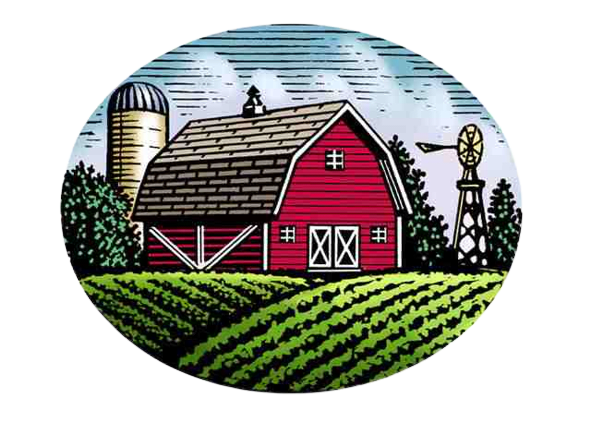Organic foods: Are they safer? More nutritious?

Posted on May 2nd, 2022
Once found only in health food stores, organic food is now a common feature at most grocery stores. And that's made a bit of a problem in the produce aisle.
For example, you can pick an apple grown with usual (conventional) methods. Or you can pick one that's organic. Both apples are firm, shiny and red. They both provide vitamins and fiber. And neither apple has fat, salt or cholesterol. Which should you choose? Get the facts before you shop.
What is organic farming?
The word "organic" means the way farmers grow and process farming (agricultural) products. These products include fruits, vegetables, grains, dairy products such as milk and cheese, and meat. Organic farming practices are designed to meet the following goals:
- Improve soil and water quality
- Cut pollution
- Provide safe, healthy places for farm animals (livestock) to live
- Enable natural farm animals' behavior
- Promote a self-sustaining cycle of resources on a farm
Materials or methods not allowed in organic farming include:
- Artificial (synthetic) fertilizers to add nutrients to the soil
- Sewage sludge as fertilizer
- Most synthetic pesticides for pest control
- Using radiation (irradiation) to preserve food or to get rid of disease or pests
- Using genetic technology to change the genetic makeup (genetic engineering) of crops, which can improve disease or pest resistance, or to improve crop harvests
- Antibiotics or growth hormones for farm animals (livestock)
Organic crop farming materials or practices may include:
- Plant waste left on fields (green manure), farm animals' manure or compost to improve soil quality
- Plant rotation to keep soil quality and to stop cycles of pests or disease
- Cover crops that prevent wearing away of soil (erosion) when sections of land aren't in use and to plow into soil for improving soil quality
- Mulch to control weeds
- Insects or insect traps to control pests
- Certain natural pesticides and a few synthetic pesticides approved for organic farming, used rarely and only as a last choice and coordinated with a USDA organic certifying agent
Original article: https://www.mayoclinic.org/healthy-lifestyle/nutrition-and-healthy-eating/in-depth/organic-food/art-20043880
Contact Us
Send Us A Message
If you’d like to get in touch, contact us here.
